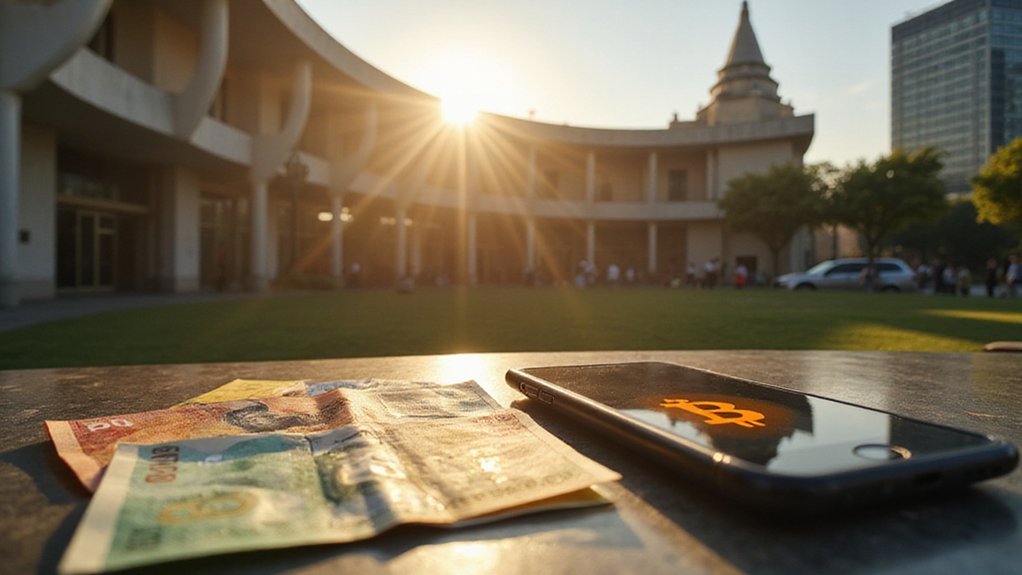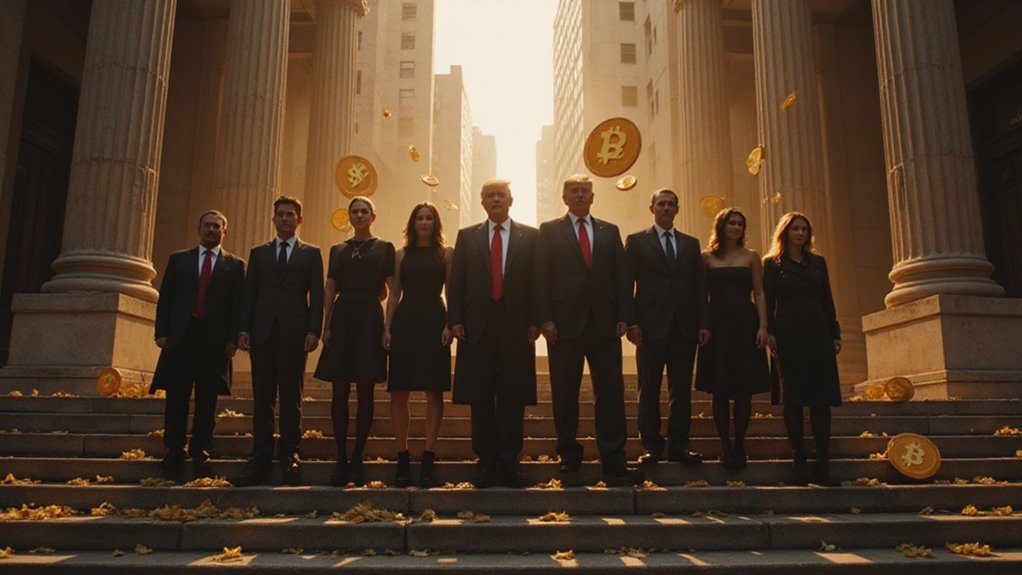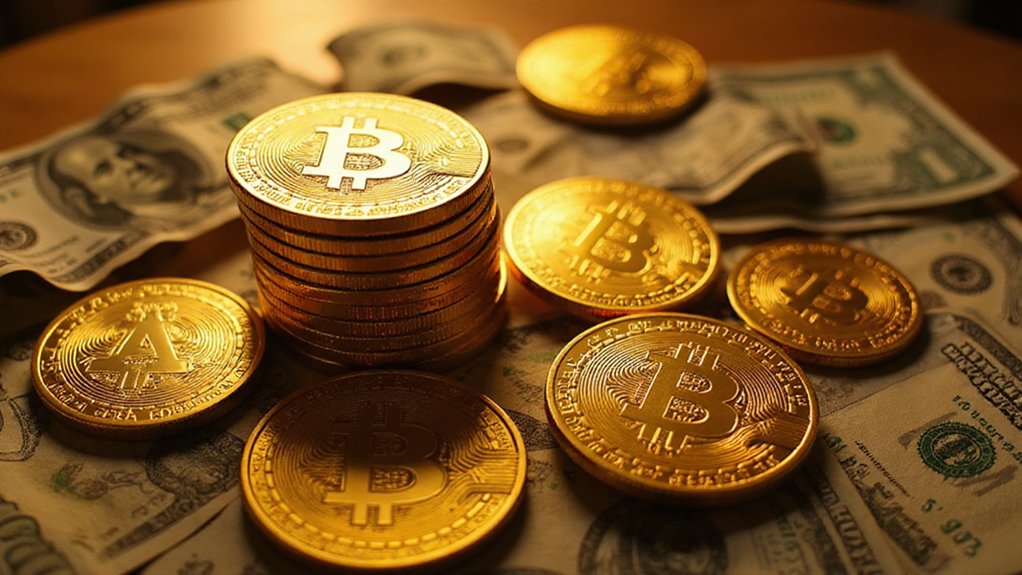While most nations debate the merits of digital currencies from the comfortable distance of academic speculation, Brazil has decided to place a $15 billion bet on Bitcoin—a sum that would represent the largest sovereign cryptocurrency investment in history and roughly 5% of the country’s international reserves.
Brazil abandons monetary caution, wagering $15 billion on Bitcoin while other nations merely theorize about digital currency adoption.
The centerpiece of this audacious strategy arrives August 20, 2025, when Brazil’s Chamber of Deputies convenes a public hearing at 4:00 p.m. in Plenary 5, Annex II of their Brasília headquarters. The subject: Bill 4.501/2024, introduced last November by Federal Deputy Eros Biondini, which proposes nothing less than transforming Brazil’s $300 billion reserve portfolio through strategic Bitcoin allocation.
The legislative machinery appears surprisingly well-oiled for such a radical departure from traditional monetary policy. Deputy Luiz Philippe de Orleans e Bragança requested the hearing, while the Economic Development Commission provides institutional backing.
Perhaps most tellingly, Vice President Pedro Giocondo Guerra‘s office has embraced Bitcoin as “digital gold” and positioned it as fundamental to economic prosperity—rhetoric that would have seemed fantastical in central banking circles just five years ago.
The hearing promises a thorough examination, with confirmed participants including Diego Kolling from Méliuz’s Bitcoin Strategy division and FEBRABAN representative Rubens Sardenberg. Invitations extend to Brazil’s Central Bank, Ministry of Finance, and various development agencies, suggesting lawmakers recognize the proposal’s far-reaching implications for inflation policy, banking regulation, and industrial strategy.
Brazil’s rationale follows familiar sovereign wealth diversification logic: reducing exposure to currency volatility and geopolitical risks while positioning the nation within emerging digital asset trends. The country joins a growing cohort of states exploring cryptocurrency reserves, following examples from the United States and Kazakhstan, though none approach Brazil’s proposed scale.
This bold move comes as Latin America’s cryptocurrency ecosystem continues to mature, with established platforms now offering sophisticated services including staking yields of up to 16% annually on major cryptocurrencies like Ethereum and Solana.
Whether this represents visionary financial modernization or spectacular governmental speculation remains unclear. What’s certain is that Brazil’s August hearing will likely influence global sovereign cryptocurrency adoption for years to come.
After all, when a nation with the world’s ninth-largest economy contemplates converting $15 billion of reserves into Bitcoin, the international financial community pays attention—even if accompanied by considerable bewilderment.






